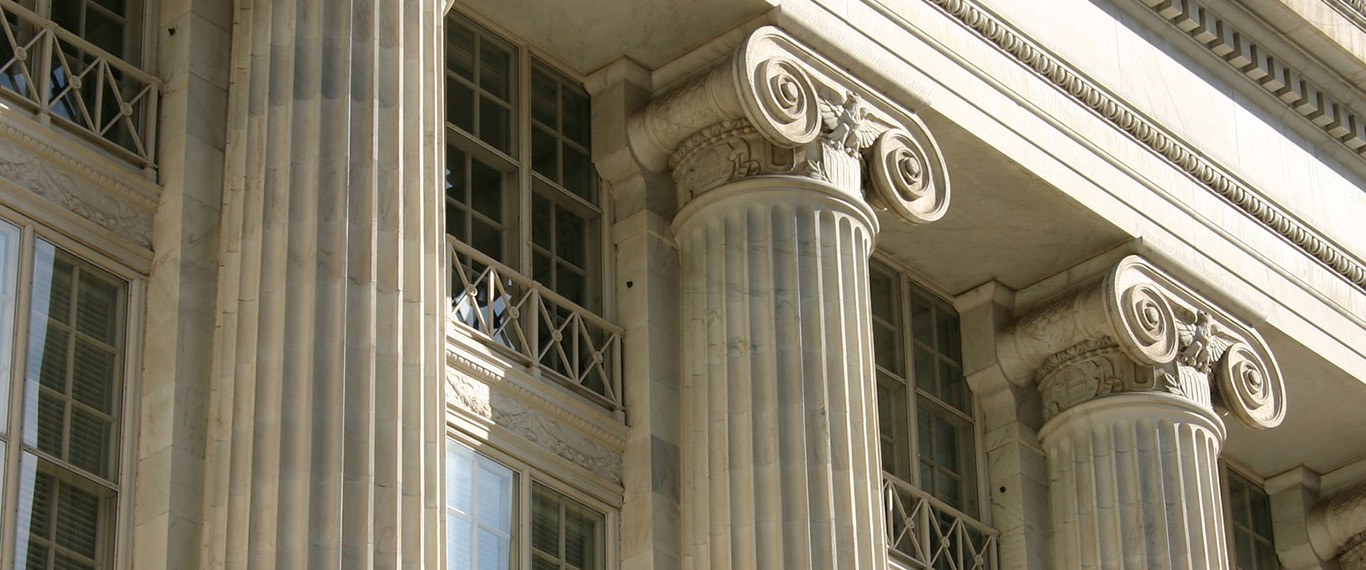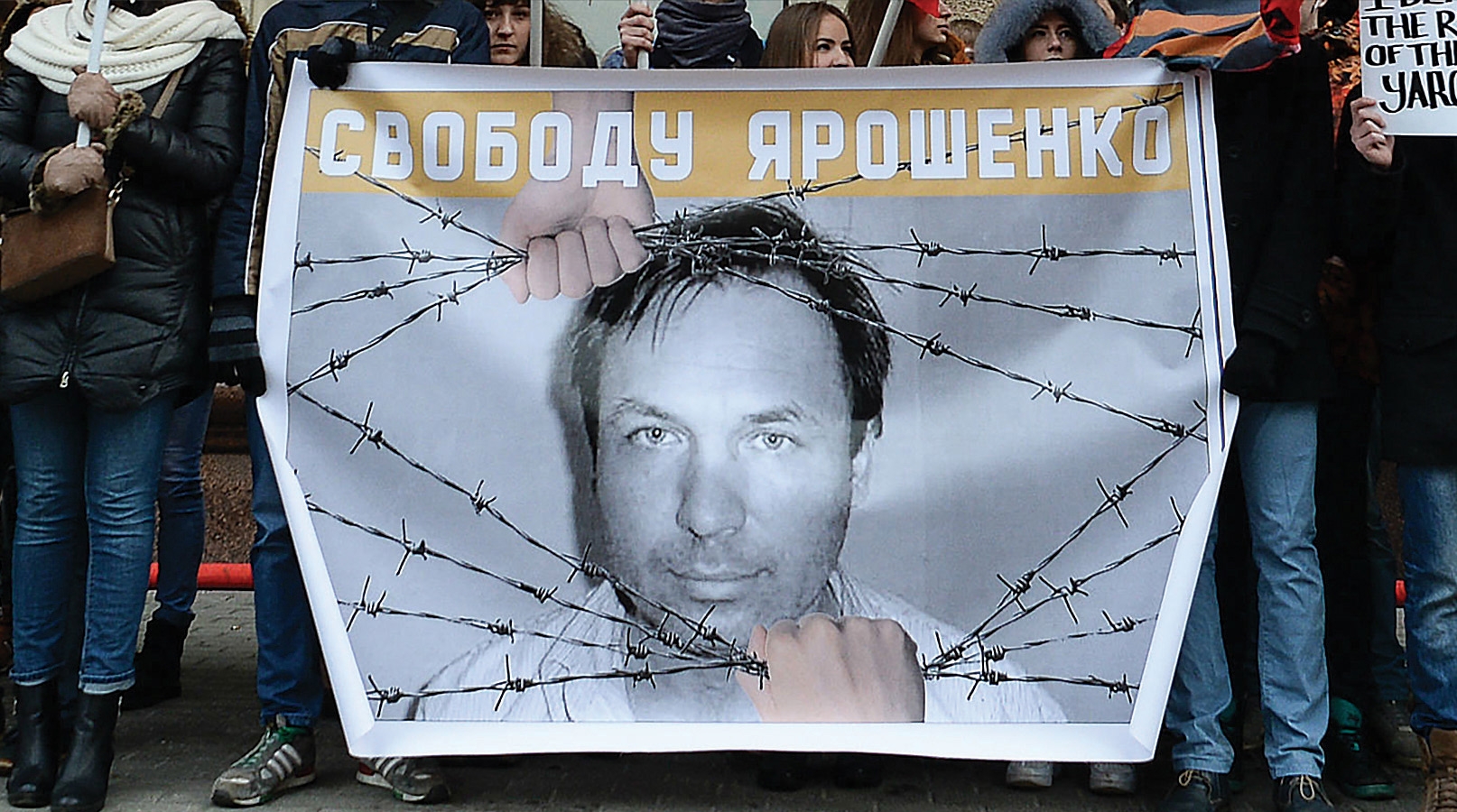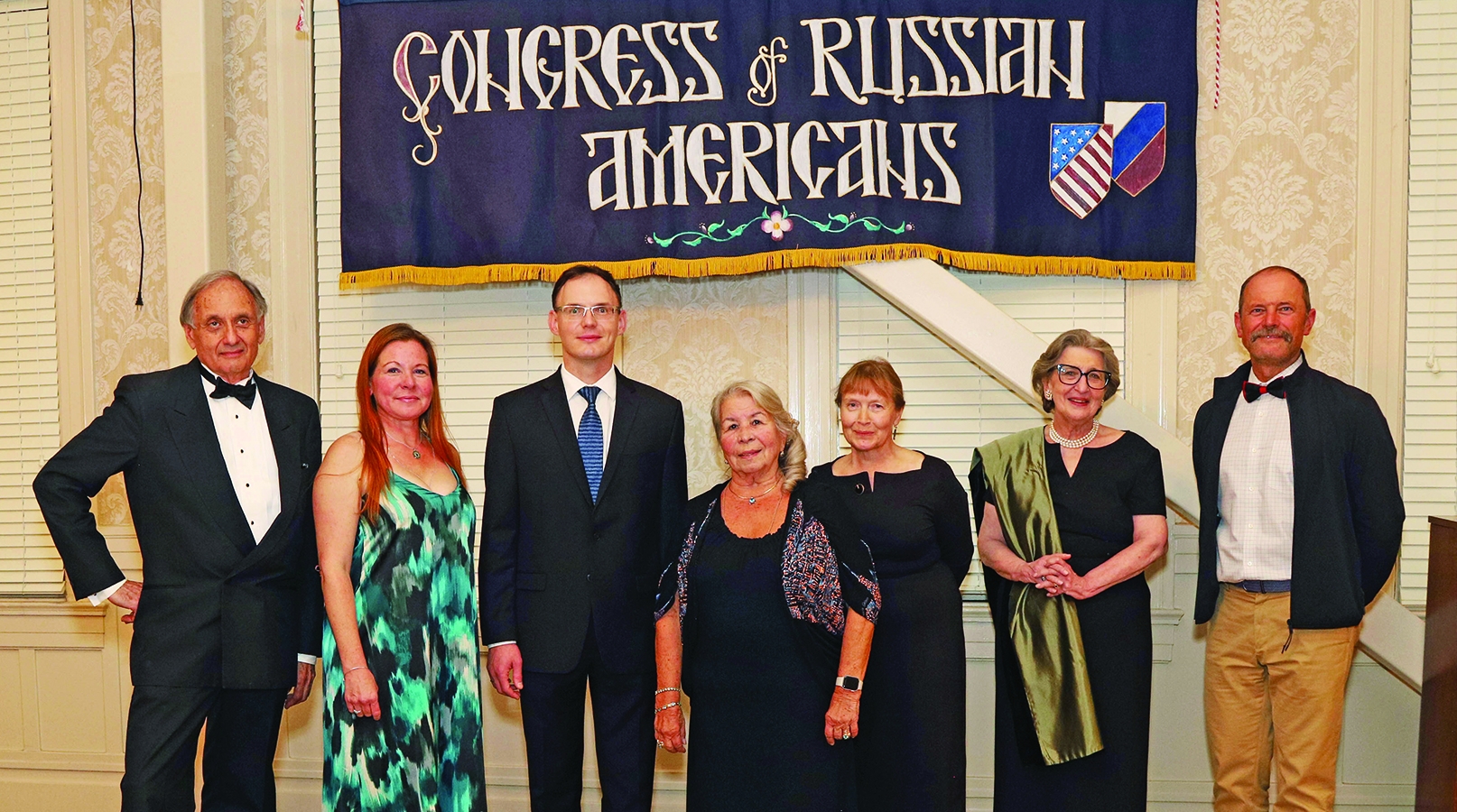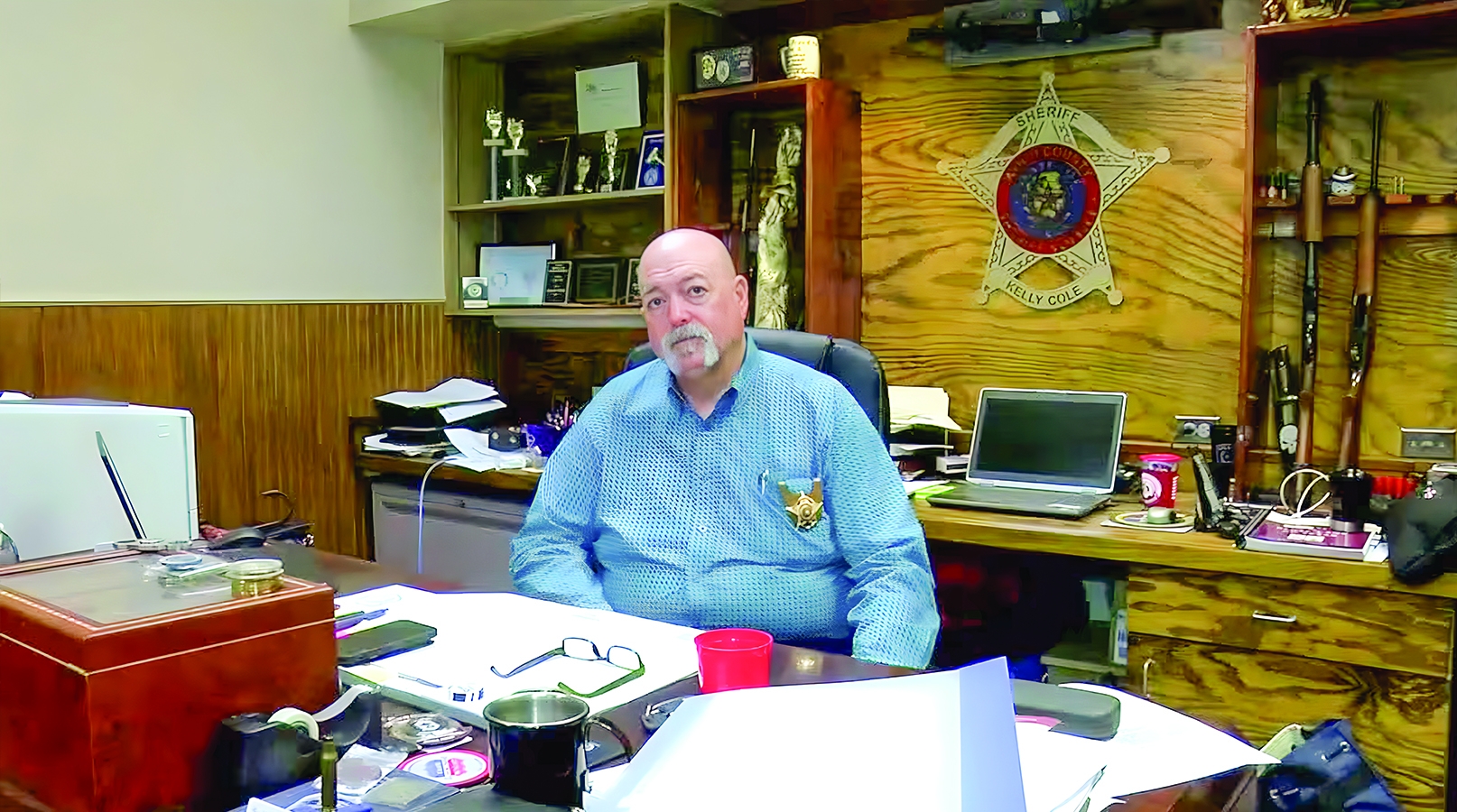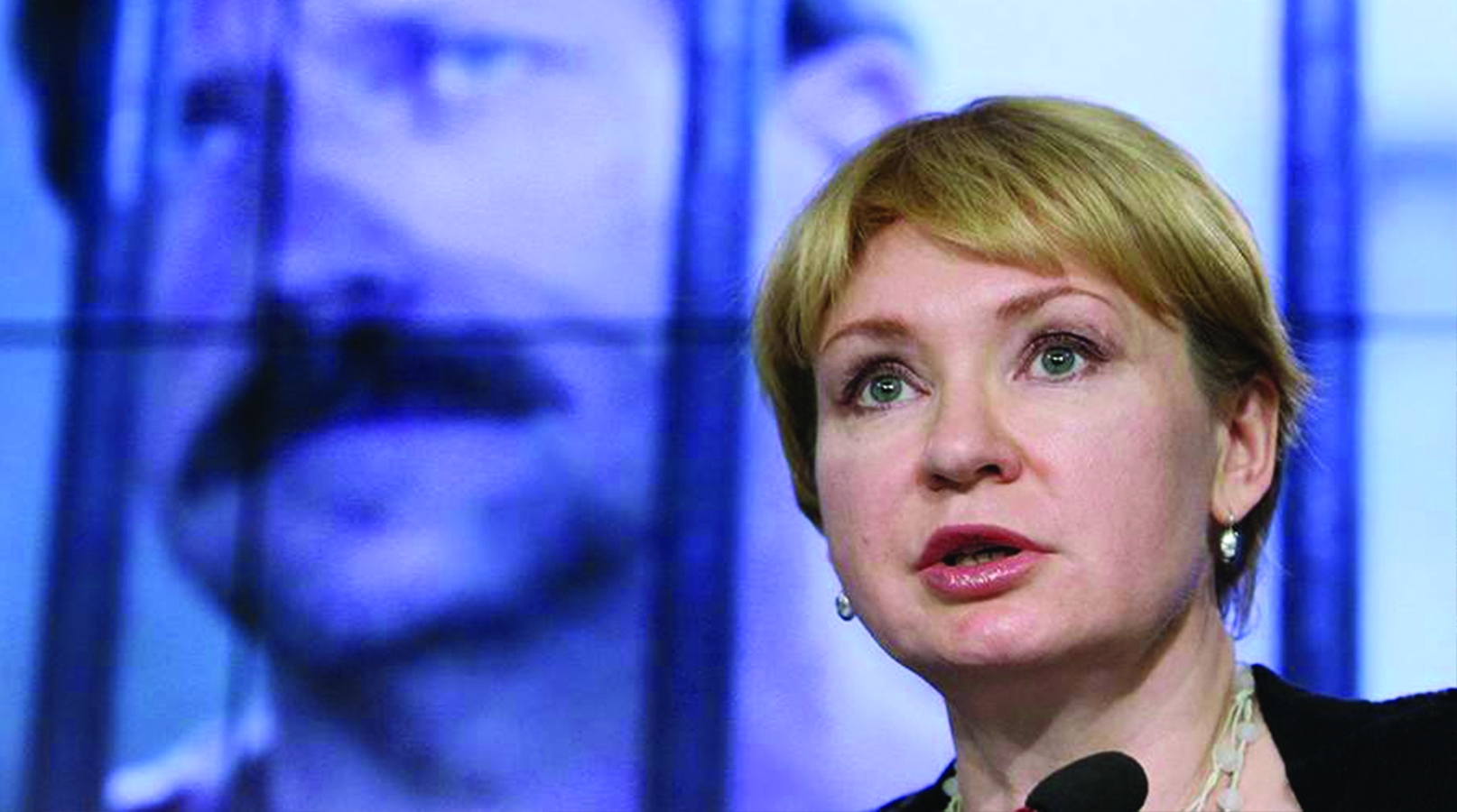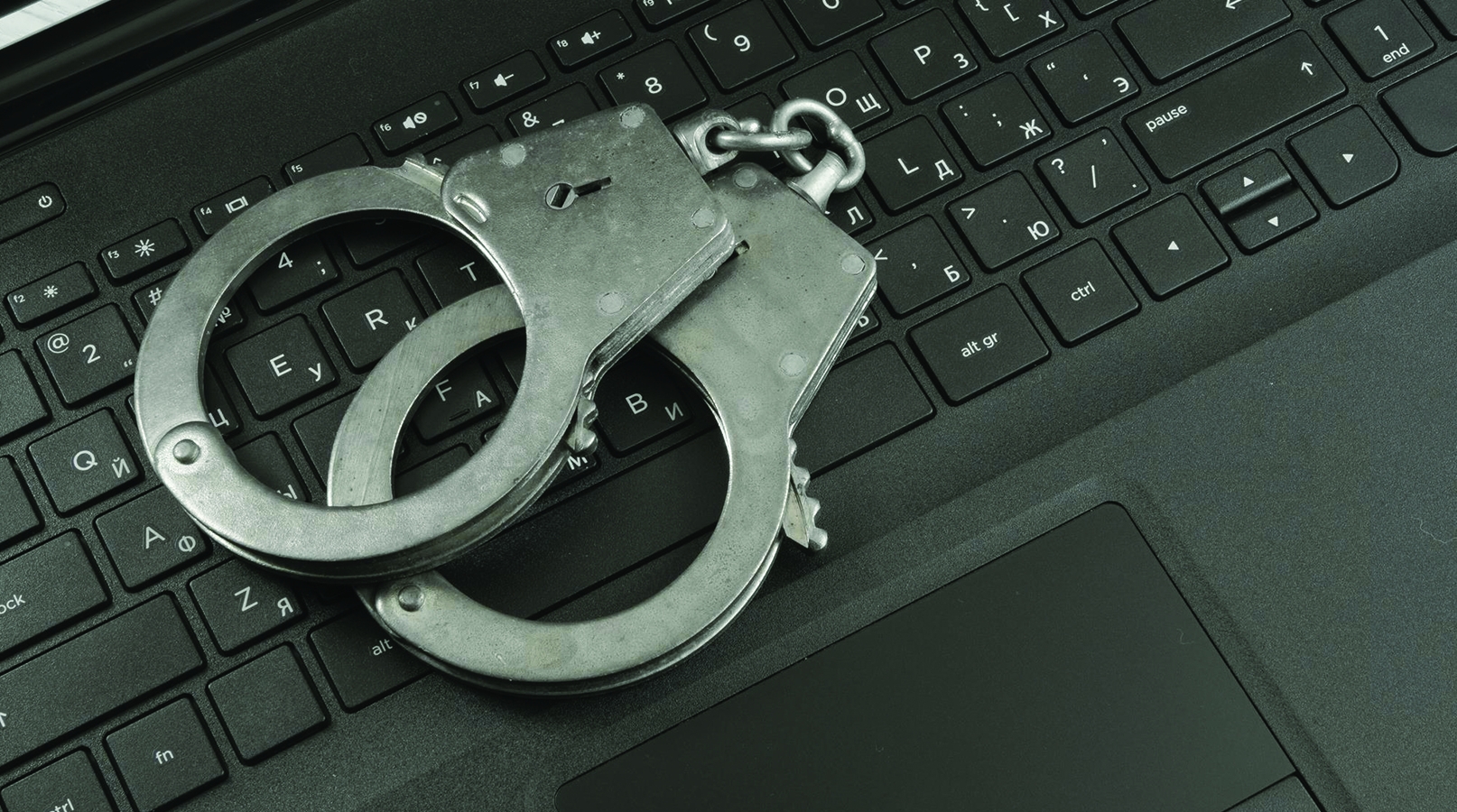Alexey Tarasov, a lawyer born in Yekaterinburg representing Rostov resident Konstantin Yaroshenko, who is serving a 20-year sentence in the United States for conspiracy to smuggle drugs, filed a petition with the Second Circuit Court of Appeal to overturn the latest decision of federal judge Jed Rakoff in the Russian national’s case.
Rakoff, who presided over Yaroshenko’s trial and as a result is barred from entering Russia, rejected Tarasov’s request in May to close the case or, at the very least, to order a new trial over Yaroshenko in connection with newly discovered evidence.
The indefatigable lawyer’s current filing spans 71 pages with a 218-page appendix. It contains virtually no new facts or arguments but places much greater emphasis on the foreign policy aspects of the Yaroshenko case compared to Tarasov’s previous petitions.
The abduction and torture of Yaroshenko aroused the unrelenting attention of the Russian Federation, of which he is a citizen, the lawyer wrote.
This issue has become a sore point in U.S.-Russia relations. Lawyer Alexey Tarasov revisits this theme multiple times. He notes that even though Syria and Ukraine dominate the news today, the Russian Foreign Minister and the U.S. Secretary of State still find time to discuss the Yaroshenko case in telephone and personal conversations. Tarasov references a press release about a conversation between Sergei Lavrov and John Kerry from July 1 last year. He also cites a statement from Konstantin Dolgov regarding Yaroshenko and a Russian TV channel Russia Today broadcast titled “The United States is Hunting for Russians.”
Some critics may argue that Tarasov increasingly echoes the viewpoint of the Russian authorities. However, Tarasov’s defenders would argue that he is doing everything possible for his client, which is a lawyer’s duty.
Tarasov notably mentions that in April, the Russian Investigative Committee opened a criminal case against 11 DEA agents involved in the Yaroshenko case. This move by the lawyer is risky, as an American court might view the Russian case against American law enforcement officers differently.
Tarasov seems to be suggesting to the court that relations with Russia are already strained, so there is no need to exacerbate them further, especially by refusing to alleviate Yaroshenko’s situation. On the other hand, his accusations against the Americans for allegedly torturing Yaroshenko and refusing him a urological operation, which has been widely reported in Russian media, do not help improve Russia-America relations. It is impossible to verify these claims with the prison, as they are prohibited from commenting on prisoners’ illnesses and treatments.
The lawyer also presents letters from the Prosecutor General’s Office of Ukraine, stating that the Americans did not seek or receive official permission to conduct investigations in Ukraine. According to Tarasov, it was in Kyiv where crucial evidence against Yaroshenko was gathered, with him allegedly negotiating in a Kyiv hotel with American agents posing as cocaine smugglers.
Tarasov argues that DEA employees recorded these conversations without local authorities’ consent, violating Ukrainian law and risking arrest and prosecution in Ukraine.
Tarasov requests the exclusion of evidence collected in Kyiv from Yaroshenko’s case. Tarasov argues that without the evidence collected in Kyiv, the prosecution would have struggled to convince the jury of Yaroshenko’s guilt. The DEA representatives informed the court that they had obtained authorization from Ukrainian authorities for a covert operation in Kyiv. In response, Tarasov accuses the DEA of deception. He also faults prosecutors for withholding recordings from Yaroshenko’s defense. These recordings, allegedly made in Liberia by a DEA informant under the alias Santiago, could contain statements exculpating his client.
This theory is speculative and perhaps not entirely foolproof. Judge Reykoff dismissed it, and it seems likely that the appellate court will do the same. However, Tarasov’s ingenuity is evident, as shown in his parallel work on Viktor Bout’s case, where he recently submitted a 37-page defense document.
It is remarkable how Tarasov manages two such significant cases simultaneously. While it is suspected that his efforts might be in vain, there’s always a possibility of a different outcome.
Allegations of Torture in Yaroshenko’s Case
Allegations of Yaroshenko being tortured after his arrest in Liberia were not initially raised. Upon his arrival in America, Yaroshenko did not complain of torture, and no signs of beating were visible in photographs taken by DEA officers during his transportation to the U.S. No such indications were found in his medical examination in New York, nor observed by the author present in the courtroom when Yaroshenko first appeared in June 2010.
None of his approximately fifteen accomplices arrested in Liberia complained of torture. Similarly, Bout, extradited by the DEA from Thailand and sentenced to 25 years for conspiring to supply weapons to Colombian guerrillas, did not allege torture.
Yaroshenko only started complaining about torture in October 2010, nearly six months after being brought to the United States.
Newly Discovered Evidence Cited by Tarasov
Among the newly discovered evidence, Tarasov references are written statements from several Liberians. One of them, intelligence officer Othello Mathis, reportedly assisted the DEA in Monrovia, including Yaroshenko’s arrest. Mathis claims he was paid $100 to “interrogate the Russian,” which Tarasov interprets as an agreement to torture Yaroshenko, though Mathis’s statement does not explicitly mention torture.
Tarasov also cites testimony from two hotel workers who saw Liberian security officers force Yaroshenko into a car with a bag over his head and strike him. However, when Yaroshenko initially complained of torture in October 2010, he only mentioned that his head was covered and that he was restrained in his seat, without alleging immediate physical assault.
Information about the torture allegedly Inflicted on Yaroshenko in Liberia comes from the defendant himself. Yaroshenko claimed that he was unable to resist and signed some documents under duress. However, no such documents were presented at the trial. In his current petition, lawyer Alexey Tarasov requests the dismissal of Yaroshenko’s case due to the “shocking” treatment he allegedly suffered in Liberia. Judge Rakoff consistently denied these requests from the defense. It is hard to envision the appellate court taking a different stance now. However, outcomes in American courts can sometimes be unpredictable.
Source: Vladimir Kozlovsky, BBC Russian Service, September 17, 2015
